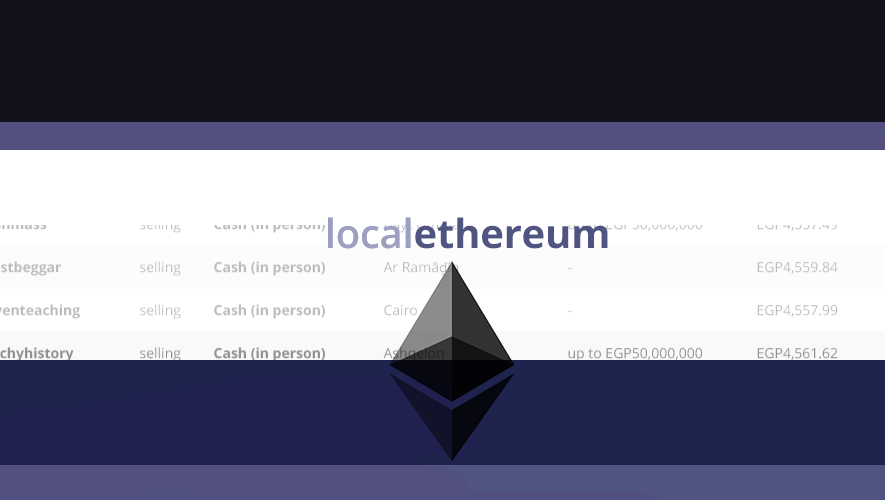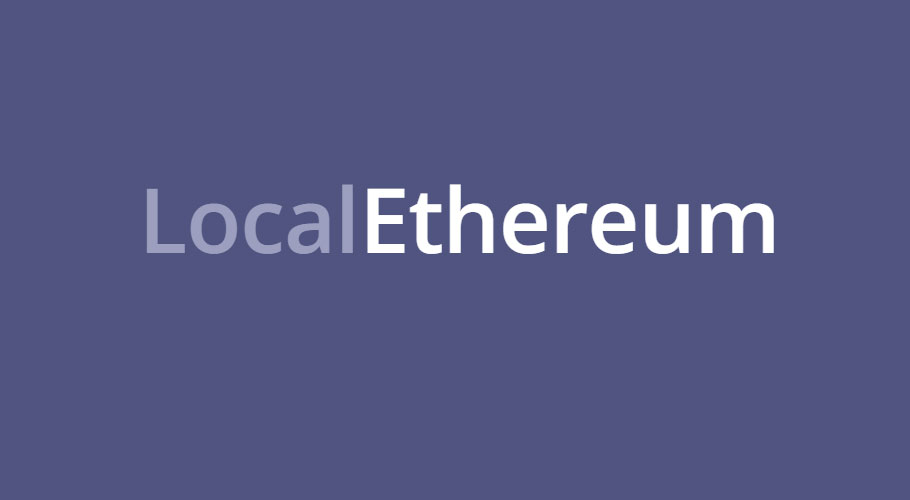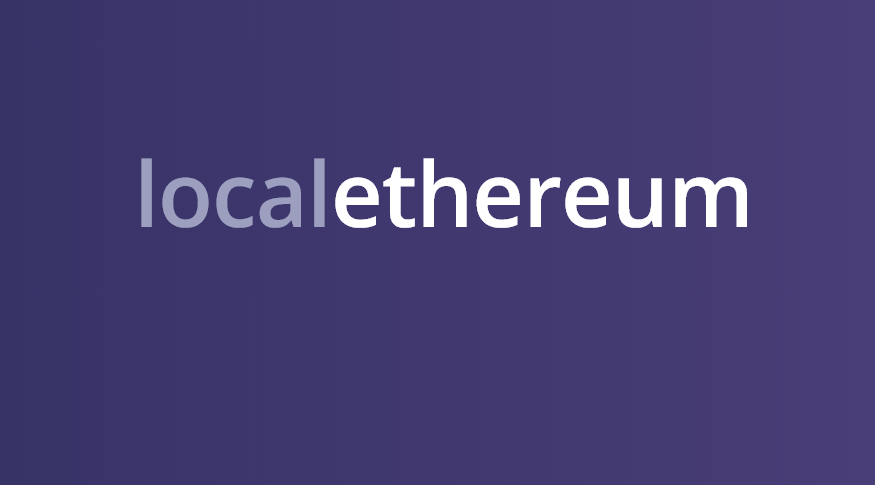After a year of rigorous development and as we reported back in May regarding this upcoming launch, localethereum.com, a peer-to-peer marketplace for buying and selling ether is finally ready to open its doors to registrations starting now. The platform will be giving away hundreds of thousands of dollars in fees to give the marketplace a kick-start.
By utilizing smart contracts and in-browser cryptography, localethereum is a private way to buy or sell ether (ETH) for offline currencies.
Trading is set to open on October 21st (midnight UTC).
The team notes that it is crucial for there be a frictionless way to get fiat money in and out of ether. With localethereum the user has complete control over their funds and exchanges.
All ether deposited into localethereum is sent to the user’s client-side-encrypted wallet. This wallet lives entirely in the browser and no one can never touch the funds.
When trading with another user, messages are end-to-end encrypted using a smart algorithm, and escrow is performed with a smart contract between the two parties.
Features:
- Buyers and sellers do not need to install any third-party apps or plugins. The solution that is entirely web-based.
- localethereum leverages the new Web Crypto API, a secure interface to cryptographic operations. The native API — developed in part by Google, Mozilla and Netflix — is at the center of localethereum’s secure messaging protocol.
- Every account has a public and private key pair for reputation and security purposes — the public key is public and the private key never touches the internet. Signing in to your account involves decrypting an encrypted private key using a stretched password as the key — somewhat akin to Blockchain.info’s web wallet for Bitcoin.
- Messages are signed and end-to-end encrypted for absolute privacy and transactions are signed in the browser. This means that even in the unlikely event of a hack no user messages or funds are at risk.
- Sleek user interface inspired by other blockchain-greats.
- The only time the team may read messages is when either party initiates the dispute resolution process. This involves volunteering the decrypted versions of signed messages to an arbitrator.
You can read more in the localethereum FAQ.






















